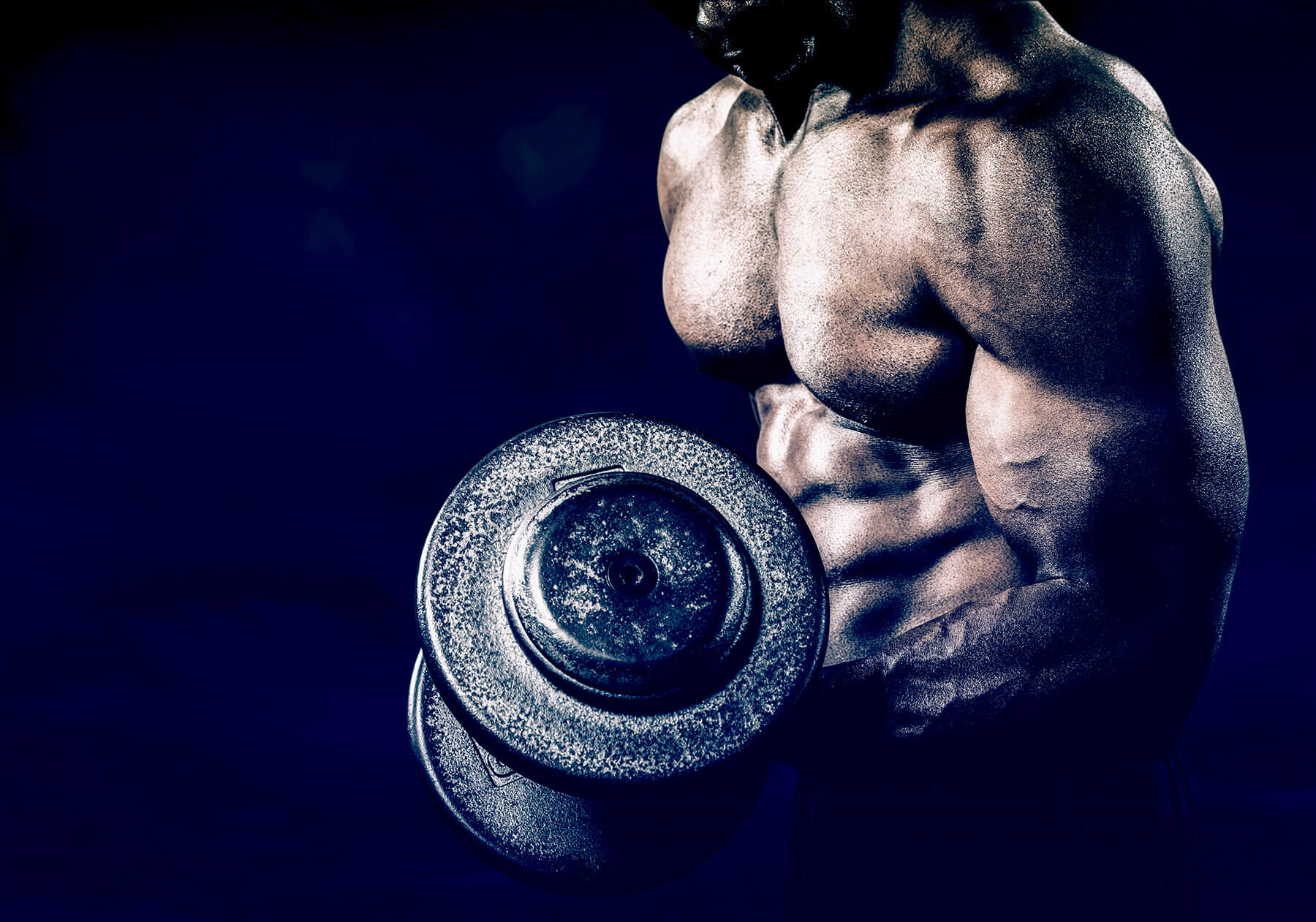Preparing for a bodybuilding show requires reaching extremely low body fat levels while engaging in vigorous resistance training and often multiple hours of aerobic training per week. Consequently, bodybuilding competition preparation periods can be pretty hard physiologically and psychologically. But is that really the case, and if so, how “bad” are the effects of a bodybuilding competition preparation period on the body?
Overview
What did they test? The authors reviewed the current literature on physique competition preparation case studies.
What did they find? Preparing for a physique competition has many effects on the competitors, both physiologically and psychologically. However, some of the negative physiological effects were not as severe as often made out to be.
What does it mean for you? If you’re looking to compete in a physique competition, expect that as you approach your competition date, you will probably experience some reductions in resting metabolic rate, absolute strength & power, and potentially some muscle loss. However, if you’re just someone looking to get pretty lean, but not “stage lean”, this paper further highlights that as long as you’re training hard and losing body weight at a relatively moderate pace.
What’s the Problem?
Physique sports, i.e., bodybuilding and its subcategories (e.g., bikini, classic physique, etc.) require competitors to achieve a high level of muscularity and leanness. The level of muscularity and leanness desired is category dependent, with some categories requiring more muscle mass and definition than others (eg, classic bodybuilding versus physique). Bodybuilders usually have distinct periods in their competitive schedule, usually in the form of an off-season and a competition preparation period. During their off-season, bodybuilders aim to maximize muscle gain by training hard and being in a calorie surplus, thus gaining weight and often quite a bit of body fat. You may have seen some hyperbolic “off-season” pictures where bodybuilders look like they barely lift and have just gotten out of shape, photos that are not an accurate depiction of what an “off-season” bodybuilder should look like with such extreme off-seasons being rarely, if ever, endorsed by other physique athletes and coaches.
During their contest preparation period, bodybuilders diet to extremely low body fat levels, sometimes near their physiological limit, to display their muscularity on stage, which often comes with a host of negative physiological and psychological effects. Anecdotally, it is not uncommon to hear bodybuilders complain about severe mood disturbances, a decrease in sex drive and even loss of muscle mass. The combination of leanness and muscularity levels required to be successful on a bodybuilding stage make bodybuilding competition preparation quite the challenge, especially for the majority of physique competitors who have other commitments outside of competitive bodybuilding. However, anecdotal reports aside, how does a bodybuilding preparation period really affect the physiology and psychology of a physique competitor?
You may be wondering what implications that may have for your own training, as being a competitive bodybuilder is not the most common thing to come across. Well, since competitive bodybuilders take muscle gain and fat loss to the extreme, their practices may have important practical implications for those who want to maximize muscle gain and fat loss, regardless of having any competitive aspirations.
For example, looking at the impact of the competition preparation period on body composition (eg: fat & muscle mass changes) and changes in metabolism in bodybuilders gives us a unique opportunity to explore the effects of extreme fat loss in resistance-trained individuals. Outside of looking at bodybuilders, exploring such topics would be particularly difficult to do in a resistance-trained population as it is unlikely that people would volunteer to take part in a study where they’d need to get lean enough to see striations on their glutes for the love of science 😂.
Allow me to note that the use of performance-enhancing drugs (PEDs) makes enhanced bodybuilding a relatively different game to that of natural bodybuilding as they are a separate variable that requires meticulous manipulation and can play an important role in the success, or lack thereof, of an enhanced bodybuilder. However, this review will focus on drug-free physique sport athletes and, more specifically, on the physiological and psychological changes that occur during the competition preparation phase in drug-free competitors.
So without further ado, let’s have a closer look at this hot-off-the-press study by Schoenfeld et al. which looked at “alterations in measures of body composition, neuromuscular performance, hormonal levels, physiological adaptations, and psychometric outcomes during preparation for physique competition”.
Purpose & Hypothesis
The study aimed to systematically review any available case studies on physique competitors preparing for competition, specifically evaluating long-term changes in body composition, neuromuscular performance, hormonal levels, psychological adaptations, and psychometric outcomes. The authors also stated that they hoped the findings of this systematic review would inspire future research on how athletes can optimize their results while minimizing the negative effects of contest preparation.







